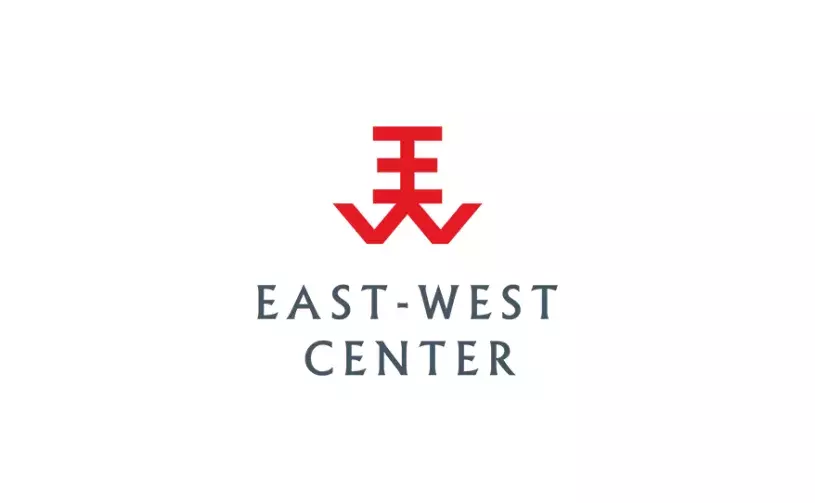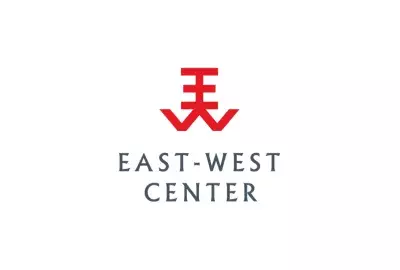Error message

Since the opening up in late 1970's, foreign direct investment (FDI) inflows have been increasing rapidly in China. China has become one of the biggest FDI host countries in the world, while the distribution of FDI is quite uneven across provinces. This paper tries to explain the factors driving the unevenness of FDI inflows into different regions, and then the effects of FDI on domestic economy. A general equilibrium theoretical model is built to simulate the process of FDI flowing into the host area. The model indicates that after FDI comes in, better infrastructure in a province attracts more FDI, which consequently increases the wage levels of both educated workers and uneducated workers in the host regions. This will increase consumer's purchasing power and then domestic investment in that area. By using the panel data of 29 provinces in China from 1980 to 2001, this paper tests the results induced from the model. The empirical results support that better transportation and communication infrastructure attract FDI flowing into the area, associated with larger market size and superior financial development. FDI stock in past periods also has a positive effect. The paper also tests how FDI affects average wage levels. The results are that FDI of last period will increase wages in this period significantly. The effect of FDI on domestic investment is also estimated, which is significant and with an expected positive sign.
Since the opening up in late 1970's, foreign direct investment (FDI) inflows have been increasing rapidly in China. China has become one of the biggest FDI host countries in the world, while the distribution of FDI is quite uneven across provinces. This paper tries to explain the factors driving the unevenness of FDI inflows into different regions, and then the effects of FDI on domestic economy. A general equilibrium theoretical model is built to simulate the process of FDI flowing into the host area. The model indicates that after FDI comes in, better infrastructure in a province attracts more FDI, which consequently increases the wage levels of both educated workers and uneducated workers in the host regions. This will increase consumer's purchasing power and then domestic investment in that area. By using the panel data of 29 provinces in China from 1980 to 2001, this paper tests the results induced from the model. The empirical results support that better transportation and communication infrastructure attract FDI flowing into the area, associated with larger market size and superior financial development. FDI stock in past periods also has a positive effect. The paper also tests how FDI affects average wage levels. The results are that FDI of last period will increase wages in this period significantly. The effect of FDI on domestic investment is also estimated, which is significant and with an expected positive sign.
East-West Center Working Papers, International Graduate Student Conference Series





